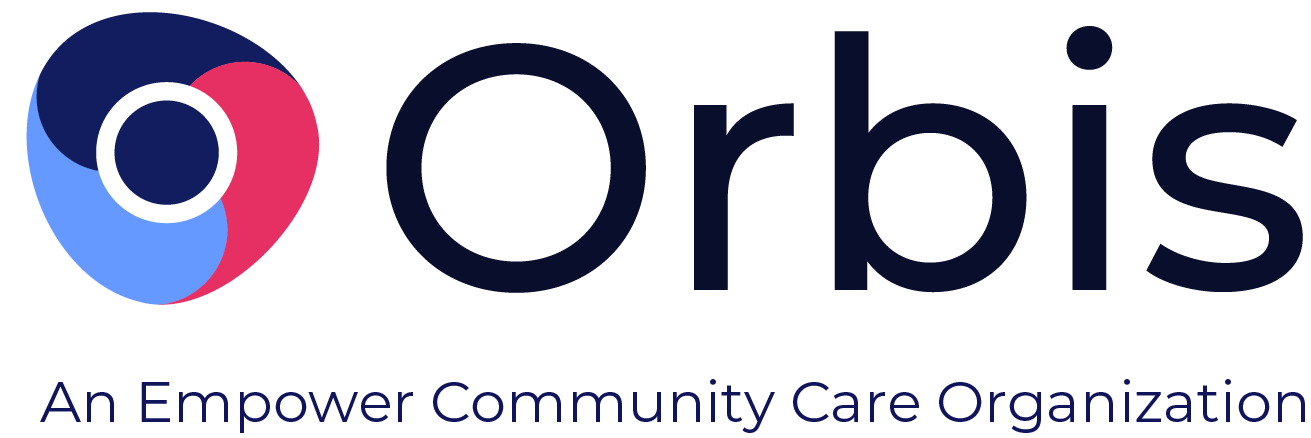Adverse childhood experiences (ACEs) can cause youth to develop coping mechanisms and behavior that stops social-emotional development and can dramatically impair their academic success. Gang activity, drug use, delinquent behavior, and aggressive attitudes become survival tools to get teens through their traumas.
To help youth recover and become successful adults, it takes adequate support from schools, families, and communities to provide a network to give adolescents the opportunities to overcome traumatic experiences.
What are Adverse Childhood Experiences?
Adverse childhood experiences are traumatic events that occur in childhood (0-17years). Trauma can be described as a powerful event that threatens harm to emotional and physical well-being. Events can include a natural disaster or more common stressful events like domestic violence, neglect, medical emergencies, or physical or sexual abuse. Children need not be the direct victim of such events to be traumatized, just seeing or watching an intense action can cause trauma to a child. That experience can last well into adulthood.
Painful experiences early in childhood can alter the brain. Behavior geneticists in Switzerland reported in 2013 that early psychological trauma could cause lasting changes in the brain that promote aggressive behavior. What does this mean? Take the case of Julia, whose parents divorced when she was just a baby. Julia lived with her mother and her mother’s boyfriend. The boyfriend abused Julia’s mother and often turned to alcohol to relieve his frustrations. To protect Julia, and prevent her from seeing the abuse, her mother put her in a crib and shut the door. Julia would cry for hours and no one would come into the room to comfort her. When Julia went to school, she exhibited antisocial behavior. She was inattentive in class and refused to play with other children. Her vocabulary was behind her peers, and she struggled with schoolwork. She did not know how to respond to questions and care from teachers. At home, Julia could not sleep, had trouble eating, and came to school sleepy, withdrawn, and belligerent.
As a teen, traumatized children like Julia may continue to withdraw from others. They often refuse to discuss feelings and avoid activities that may cause them to interact with others. Traumatized children often have no interest in school, misbehave, and exhibit poor concentration skills. Many of these teens turn toward drugs, gangs, and antisocial behaviors to console themselves.
Brain development begins in infancy and early childhood and lays the foundation for future growth. Experiences teach the brain how to react. In Julia’s case, her experiences of being left alone and probably seeing abuse taught her to become reclusive. The formation of pathways needed for adaptive behavior was set, and in Julia’s case resulted in cognitive delays and impaired emotions.
How Can Youth Who have been Traumatized as Children be Helped?
Neuroscience research shows that adverse childhood experiences go beyond logic. Trauma lives on in children’s brains and their bodies and often creates harmful patterns in the autonomic nervous system. However, with the right support, teens can learn to get over and regulate the effect of trauma on their brains.
There are invisible ways teens suffer from childhood traumas. As in Julia’s case, she has no trust in an adult being there for her. She feels inferior, unaccepted, emotionally neglected, and misunderstood. Julia’s emotional health is damaged.
Research says stimulation to the brain in new and creative ways can help Julia and others like her move forward and heal. A child suffering from childhood trauma needs support from adults who can interact with them.
Psychologist Sharon Stanley, Ph.D., writes about sharing traumatic experiences with adults who can play an essential part in helping teens heal from traumatic events. Help children like Julia heal from adverse childhood experiences by:
- Listening to and respecting the experiences that teens have had in childhood. Ask them, “How and where do you feel that (fear, anger, sadness) in your body?” When children become accustomed to connecting their feelings with bodily sensations, they achieve embodied awareness. “Aided by embodied awareness,” says Stanley, “we can look more closely, hear more accurately, and feel more active in the moment, mindfulness that can shift habitual autonomic fixed patterns from trauma.”
- Create meaningful habits. Integrate music, arts, and dance to transform trauma into growth. Create human connections. Find a safe place for a teen to express themselves and explore their feelings.
- Teach a teen through somatic empathy. Change from cognitive empathy or understanding other things to somatic empathy or what others feel.
- Any adult who has contact with a teen knows it is essential to recognize the signs of trauma. A youth who has withdrawn acts out, or who is disruptive may be a teen who has experienced an altering experience. Contact a school counselor, parent, or other trusted adult to talk to the teen and help them with their issues.
- Use therapy, interventions, risk/needs assessments, or mental health assessments to counsel a traumatized adolescent and their family. Orbis Partners provides solutions for criminal justice and human services systems, specializing in designing and implementing services for at-risk client groups, including youth. Orbis offers a unique blend of programs and services including innovative case management software applications, evidence-based interventions, and effective risk assessment tools.
Science has proven that Julia and teens like her can be helped. They can be prevented from harming themselves, turning to drugs, and disruptive behavior. Through the use of Orbis’ evidence-based tools and services, youth like Julia can receive better outcomes in the future.
Specifically, the Youth Assessment and Screening Instrument (YASI), a risk, needs, and strengths assessment offered by Orbis, incorporates the measurement of adverse childhood experiences within the assessment protocol. Modeled after the Adverse Childhood Experience Questionnaire (ACE), the YASI trauma index is a proxy version of the ACE, including the 10 indicators that are used in this well-researched questionnaire. The proxy ACE generated with YASI results provides a score of 0 to 10 to indicate the number of adverse childhood experiences that youth have endured. The measure increases awareness of the potential impacts of trauma for individual youth and helps caseworkers decide whether additional services are needed to help the child deal with past adversity.
Orbis Partners provides solutions for criminal justice and human services systems, specializing in designing and implementing services for at-risk client groups. Orbis offers a unique blend of programs and services including innovative case management software applications, evidence-based interventions, and effective risk assessment tools. For more information about Orbis, contact us by clicking here.


